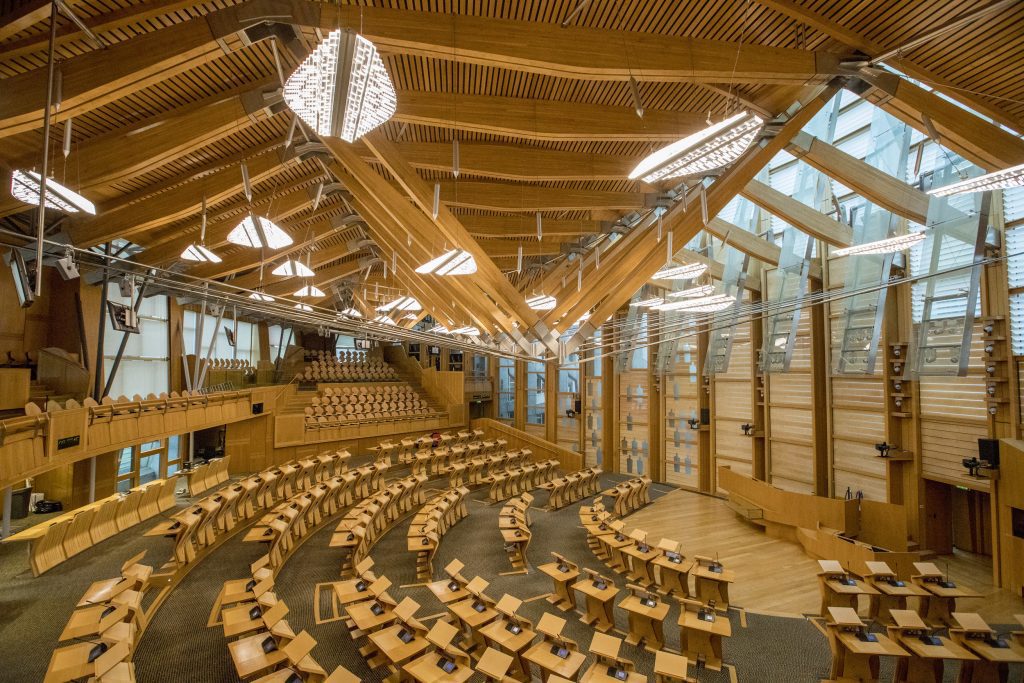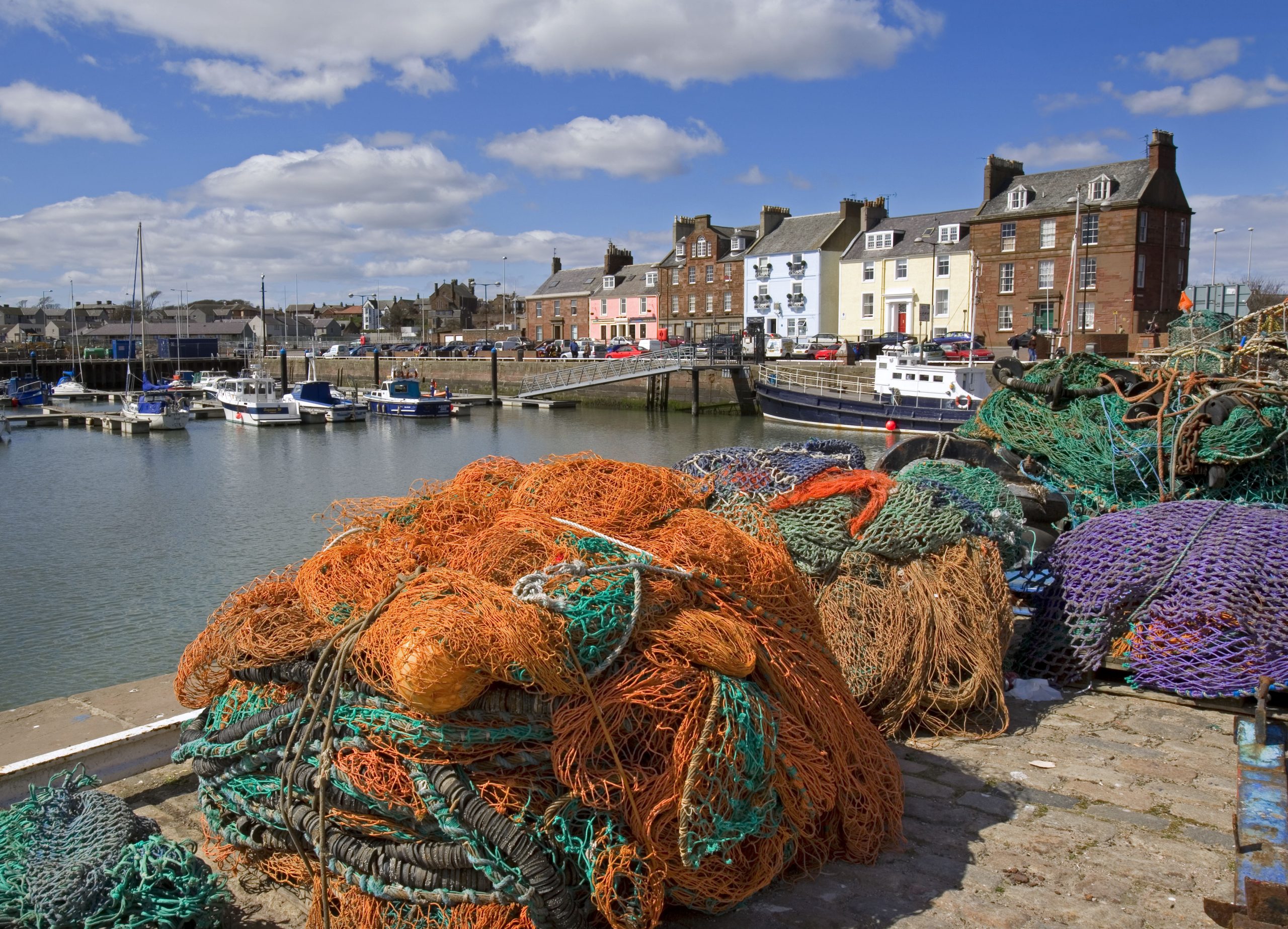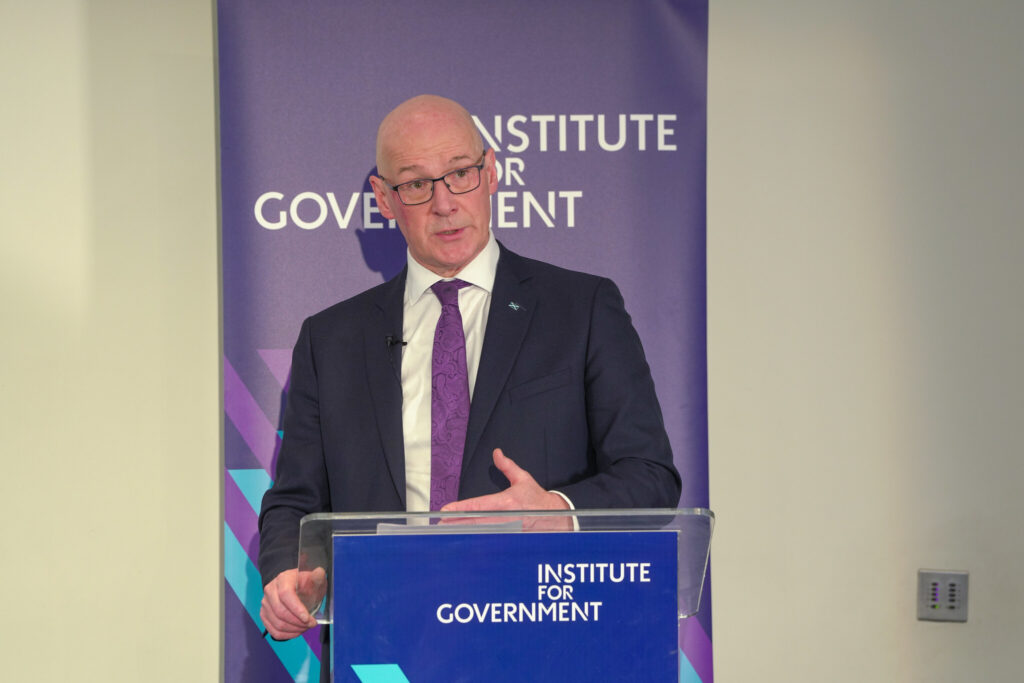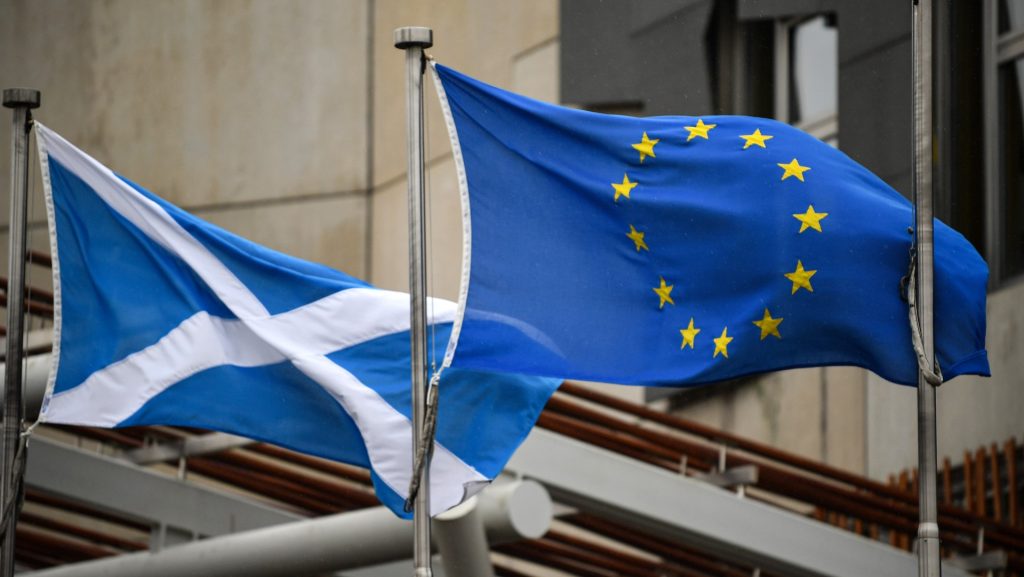Now Reading: Counting the Impact of Brexit
-
01
Counting the Impact of Brexit

Counting the Impact of Brexit
New Paper Shows Scale of Damage 7 Years On
Marking seven years to the day since the majority of people in Scotland voted to remain in the European Union, a paper has been published detailing the impact of Brexit.
It outlines how Brexit has limited economic growth, restricted trade, increased food costs and diminished opportunities for young people.
The report draws from reports and official statistics. These include:
- an expected loss of £3 billion every year in public revenues for Scotland
- food price inflation at a 45 year high with Brexit responsible for an estimated one third of it
- damaged trade with 44% of businesses in Scotland naming Brexit as the main cause of difficulties trading overseas
- additional estimated costs of up to £600 per consignment for some shellfish exporters as a result of trade barriers
- staff shortages reported by 45% of tourism businesses in the Highland and Islands, as a result of the loss of freedom of movement
- loss of access to supporting funds like the €96 billion Horizon research programme and Common Agriculture Policy
- less efficient law enforcement co-operation, without access to instant EU-wide alerts and intelligence and civil justice co-operation measures
- more costly and difficult travel arrangements, with long transit delays, more obstacles for touring artists, and roaming charges reintroduced by most operators
Research published by the London School of Economics (LSE) last month found Brexit had added £7 billion to UK food bills, with households £250 worse off on average, while analysis from Bloomberg Economics showed Brexit has cost the UK £100 billion a year in lost output.
Former Bank of England Governor Mark Carney has also warned Brexit is a key factor in causing “a weaker pound, higher inflation and weaker growth“.
It should be quite uncontroversial at this point to observe that Brexit has been a disastrous act of economic self-harm on the part of the UK.
GRAEME
In Scotland, however, it has been something imposed on a population that resoundingly rejected it but who have suffered the ongoing consequences all the same.
These consequences are extensive and they are dire – we are contending with a broken Brexit Britain that offers a grim future for anyone who wants to build a better, fairer society and economy.
In order for Scotland to fully realise that, it should be clearer than ever that we need to make our own way as an independent member state of the European Union.
Seven years after people in Scotland resoundingly rejected Brexit, the Scottish Government has published a paper that lays clear the damage it has inflicted.
CONSTITUTION SECRETARY ANGUS ROBERTSON
Brexit means Scotland has now left the world’s biggest single market and no longer enjoys freedom of movement, resulting in labour shortages across the NHS, agriculture, and our hospitality sector. Consumers and businesses continue to face a cost of living crisis driven by rampant food inflation, while produce rots in the ground, and obstructive trade barriers that are making it harder to import and export goods from the EU.
Scotland’s rural and research sectors have lost out on hundreds of millions of pounds worth of EU funding, which the UK Government has been unable to match. A generation of young Scots have been deprived of life-changing exchange opportunities to study abroad.
While we will continue to do all we can to mitigate this damage through our long-standing ties with European neighbours, the fact remains that the only way to meaningfully reverse this damage and restore the benefits Scotland previously enjoyed, is for an independent Scotland to re-join the European Union.
Background
www.gov.scot/publications/brexit-and-scotland-june-2023-update




























